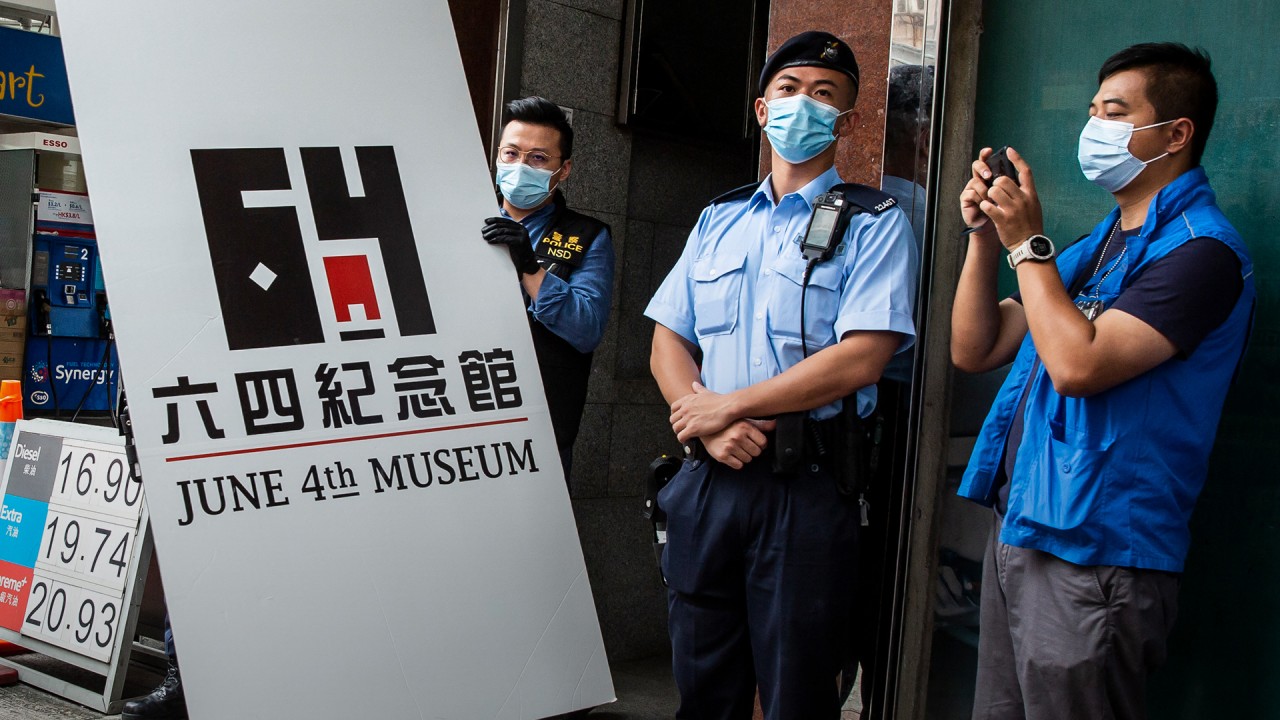
Are Hong Kong’s leaders speaking the same language as the people?
- It makes sense for officials to emulate Beijing’s language on foreign affairs, but it raises questions over the intended audience for their words
- The way they speak suggests the opinion of their bosses in Beijing matters more than the pressing concerns of everyday Hongkongers
A patriot I am apparently not. When Chief Executive Carrie Lam Cheng Yuet-ngor and others in her administration speak of national security and related issues, their language is unfamiliar to me.
In the past few months, the United States has been the target of foreign ministry and Hong Kong government vitriol, the language in press releases and statements being virtually identical.
“Hong Kong people can now grasp the facts, understand clearly the years of interference by external forces in Hong Kong and avoid falling prey to the malicious attempts of the US,” it said.
Financial Secretary Paul Chan Mo-po, writing in a government report on Hong Kong’s business environment, said “shameless individuals willingly served as puppets and foreign proxies, begging foreign countries to sanction the nation and SAR”.
‘Foreign interference’? China is no stranger in other countries’ affairs
This raises a question, given the noticeably changed language: Just who are their words directed at? It’s safe to assume it’s their bosses in the capital rather than ordinary mortals in their hometown.
Hong Kong’s mini-constitution, the Basic Law, stipulates that the city’s chief executive and government have to answer to Beijing on issues of national interest.
US rivalry with China has inevitably dragged in Hong Kong, so it makes sense that the city’s officials speak as one with Beijing on the matter – although their use of almost identical language will take some getting used to.
But when it comes to correcting their mismanagement of pressing livelihood concerns like housing, health care, the wealth gap and pollution, let’s hope they speak more plainly.
Peter Kammerer is a senior writer at the Post


